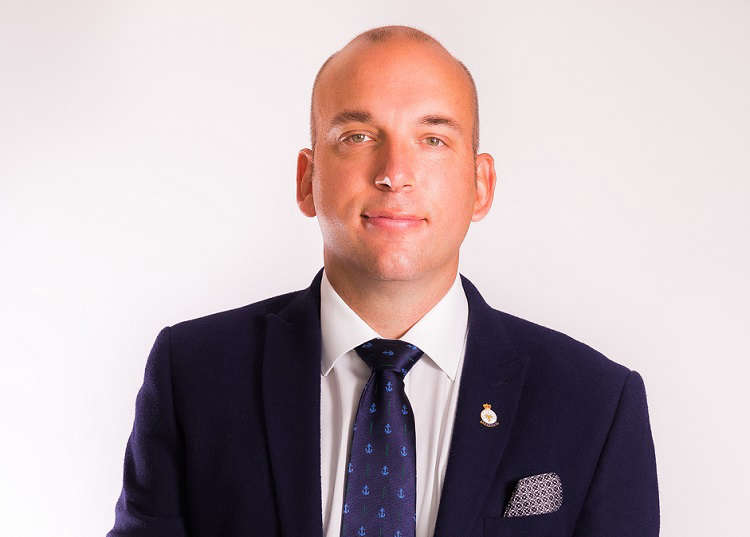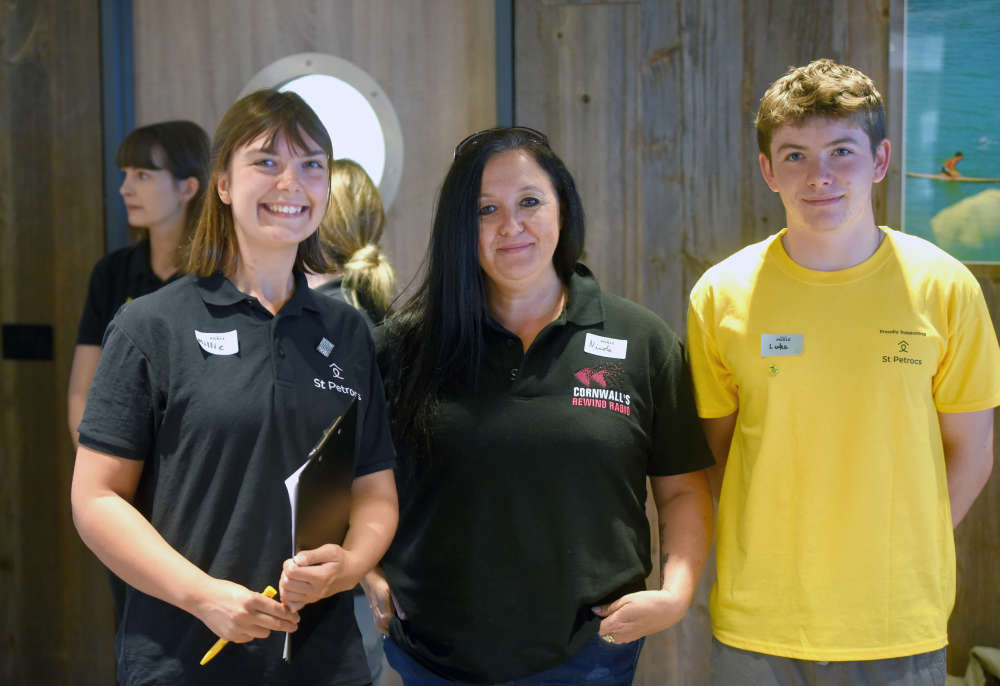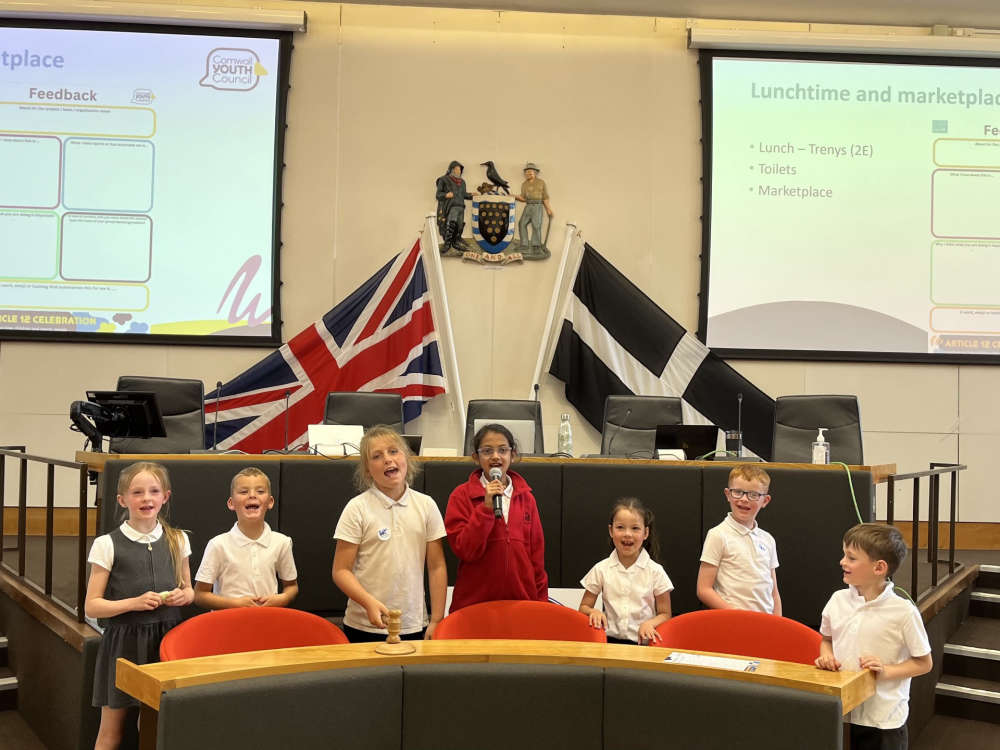
Cornwall and the Isles of Scilly could be in line for up to £49 million of additional local growth funding under a one-year extension of the government’s Shared Prosperity Fund (SPF) programme, announced in the Budget.
Chancellor Rachel Reeves confirmed that £900m of transitional SPF funding would be made available nationally to support local growth in 2025/26, pending ‘wider funding reforms’.
Although this is a 40% reduction on this year’s £1.5 billion national SPF budget, it has been welcomed. There had been fears of a funding cliff-edge, with the current SPF programme due to end next March.
Based on Cornwall and Scilly’s previous allocation, the one-year extension could be worth up to £49m.
Cornwall and the Isles of Scilly were awarded £137m from the UK SPF and Rural Prosperity Fund in April 2022 as part of a three-year settlement aimed at supporting local growth. The money is being invested through the Cornwall and Isles of Scilly Good Growth Programme, which is managed by Cornwall Council.
To date 142 projects have been approved for funding, focused on community and place, support for local businesses and people and skills. The money must be spent by the end of March 2025.
Louis Gardner, Cornwall Council’s Portfolio Holder for the Economy, said: “We welcome government recognition of the value of regional investment in extending Shared Prosperity Funding. Getting this recognition has been a long and hard road for both Cornwall Council and previous recipients of the funding. Recent research shows the significant impact local growth funding has had on Cornwall’s economy, and it’s vital this continues at a level matching our ambitions.
“While the final funding level is still uncertain, a pro-rata allocation based on the previous round should mean £49 million for Cornwall, and that’s what we’re now calling for.
“In the longer term, we hope to secure a multi-year agreement with government to fully deliver our Good Growth plan, enabling Cornwall to make a substantial contribution to national goals like clean energy, critical minerals supply, and food security, while improving wages, productivity and wellbeing across our communities.”



 Madness to make Eden Sessions their House of Fun tonight
Madness to make Eden Sessions their House of Fun tonight
 Scary Little Girls awarded almost £20,000 to tell under-represented stories of women's experiences
Scary Little Girls awarded almost £20,000 to tell under-represented stories of women's experiences
 Second lifesaving helicopter arrives at Cornwall Air Ambulance HQ
Second lifesaving helicopter arrives at Cornwall Air Ambulance HQ
 Business Networking & Launch for St Petrocs’ ‘Project Pickle’
Business Networking & Launch for St Petrocs’ ‘Project Pickle’
 Supercharging Cornwall’s connectivity: Cornwall Airport Newquay unveils Next Gen Security Upgrade leading a regional travel revolution
Supercharging Cornwall’s connectivity: Cornwall Airport Newquay unveils Next Gen Security Upgrade leading a regional travel revolution
 Primary school children champion their right to be heard
Primary school children champion their right to be heard
 Rock heroes Biffy Clyro to storm Eden Sessions stage for back-to-back shows tonight and tomorrow – July 9 and July 10, 2025
Rock heroes Biffy Clyro to storm Eden Sessions stage for back-to-back shows tonight and tomorrow – July 9 and July 10, 2025
 Cornwall’s Shallal Dance Theatre set to perform ‘spontaneous’ show, Refuges, at The Centre in Newlyn
Cornwall’s Shallal Dance Theatre set to perform ‘spontaneous’ show, Refuges, at The Centre in Newlyn



